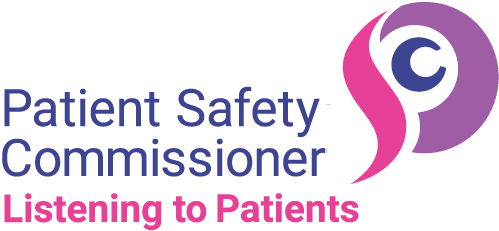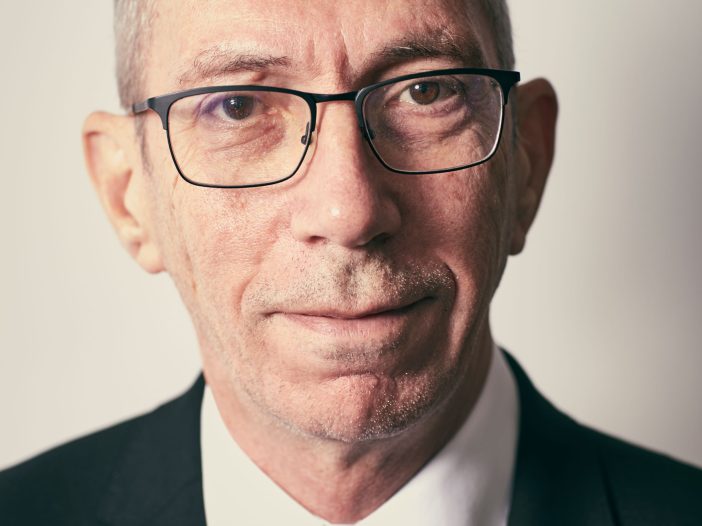
In a celebrated and memorable comment, Aneurin Bevan, the founder of the NHS noted that ‘Silent pain evinces no hurt’. In modern parlance that means that if you don’t speak up, injustice is perpetuated.
So it is with the NHS, a priceless national institution resourced by highly skilled professionals who demonstrate their compassion, skill, and forbearance on a daily basis.
And yet there is more than one reality in an organisation that employs 1.4 million people, when persistent staff shortages mean that there is not enough people resource to meet rising demand and staff satisfaction is in a downward spiral.
Evidence from large numbers of Ombudsman investigations, from successive independent inquiries, and, crucially, from the lived experience of significant numbers of bereaved families, is that up and down the country NHS culture militates against joined-up action between clinicians and management in caring for patients and against a listening and learning environment in which trust and transparency are paramount and mistakes are learned from.
This defensive nature of important aspects of NHS culture has resulted too often in individual Trusts placing their own reputation above the primacy of patient safety. Concretely, this means:
- patients and their families not being listened to
- communication between clinicians marred by professional hierarchy and functions
- doctors and nurses who try to raise patient safety issues with management too often being threatened with being reported to their professional regulator on unrelated matters
- senior management and Trust Boards being aware of unacceptable behaviour but taking no corrective action
- too many loyal members of staff working in an atmosphere which they describe as ‘toxic’ or ‘bullying’, adding to the stress already pervasive in the post-COVID environment.
I am interested in learning and accountability. Not in blame. The agenda for action needs addressing urgently and in a joined-up fashion.
In an already overcrowded regulatory field, it cannot be the responsibility of a single regulator but of coordinated action delineated by ministers and implemented through unambiguous NHS England steers.
There are key elements in this necessary package and right at the top is the need to transform culture across the NHS so that it is collegiate, respectful, and well-led, prioritises patient safety and listens to patients and all (including clinicians) who speak up for them. We need NHS leaders at all levels who learn from adverse events and are held accountable not blamed.
Some of this is happening incrementally – for example the new workforce plan, the implementation of Martha’s Rule, objectives for Trust board members and the planned internal review of the duty of candour.
But urgency, coordination, cultural change, focus on leadership development, and cross-party engagement are not obviously being prioritised. It is in all our interests for our prized national asset, the NHS, to receive the joined-up prioritisation it so richly deserves.
Rob Behrens, the outgoing Parliament and Health Service Ombudsman.

